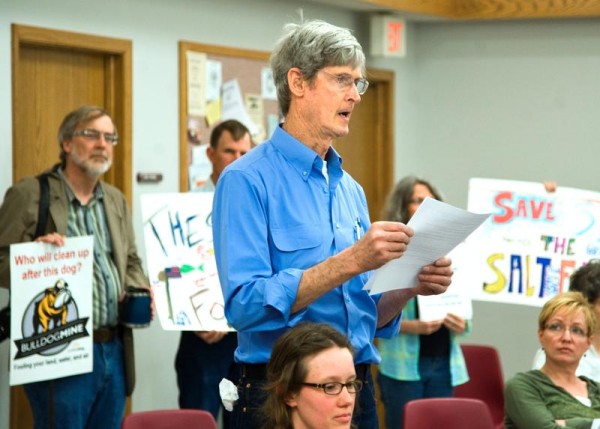A recent study points out how the state of Illinois is spending more to promote the coal industry than the corporations are paying in taxes to the state. It points up the real need for a coal severance tax on these companies that are selling Illinois coal out of state for huge profits.
Also, citizens are in effect subsidizing these corporations, as much of the damage left behind by these operations is repaired with our tax money also.
“Downstream Strategies” came out in June 2013 on “The Impact of Coal on the Illinois State Budget, FY2011.” Rory McIlmoil (MA, project manager), Meghan Betcher (MS, environmental science) and Amanda Kass (MS, Center for Tax and Budget Accountability, Chicago) did the study.
Our legislators need to review the true needs and priorities of Illinois, especially with our current budget problems. We cannot afford to supplement industries with grants when they are not providing the numbers of jobs originally promised, while being allowed to ship coal out of state and even out of the country without paying their fair share of taxes to the state of Illinois. Other states charge severance taxes. Why doesn’t Illinois?
Then there are the problems of permanent damage to farms and roads, as well as air pollution and water contamination. A severance tax could provide funds for repairing the damage left behind. These corporations also could be required in their original operating permits to set up funds for this purpose.
The above referenced study showed that out of 17 companies operating coal mines in Illinois in 2010, only three were required to pay corporate income tax. The remaining 14 companies, classified as LLCs, do not pay tax. Only 34 percent of Illinois coal produced in 2010 was produced by companies with corporate income tax liability. The study showed that taxes on coal came to $1,400,860. Meanwhile, the state’s total expenses in promoting the industry also came to $1,400,860.
The authors recommended the following actions: one, a state severance tax on coal; two, a permanent trust fund to help remediate environmental damages due to mining; and three, a detailed analysis of the full costs and benefits of grant programs supporting coal-related projects, with a plan for more oversight.


